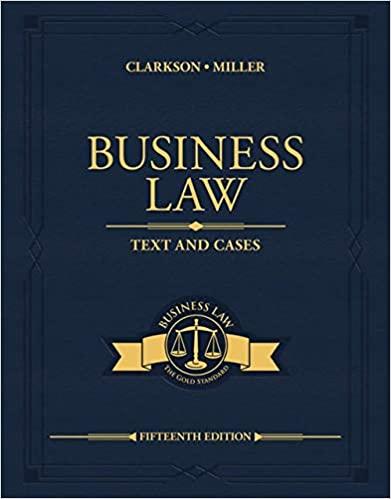Question
Reading David A. McEntire, Introduction to Homeland Security: Understanding Terrorism Prevention and Emergency Management, 2nd Edition , Chapter 9.Marie-Helen Maras, Counterterrorism , Chapter 8. https://repository.uclawsf.edu/cgi/viewcontent.cgi?article=1092&context=hastings_business_law_journal
Reading
David A. McEntire,Introduction to Homeland Security: Understanding Terrorism Prevention and Emergency Management,2nd Edition, Chapter 9.Marie-Helen Maras,Counterterrorism, Chapter 8.
https://repository.uclawsf.edu/cgi/viewcontent.cgi?article=1092&context=hastings_business_law_journal
https://www.dhs.gov/topics/transportation-security
https://www.cisa.gov/resources-tools/programs/chemical-facility-anti-terrorism-standards-cfats
A 'supergrass" is someone who participates in some way in criminal or terrorist activity, reports it to police, and agrees to testify in court against the 'bosses' who planned it or accomplices who participated. Supergrasses are not typical street corner 'snitches.' They are either undercover agents or former 'organization' members who were previously turned by the police in return for immunity from prosecution, witness protection or reduced sentence. How does the use of supergrasses become problematic for the justice system? Do the ends justify the means?
Step by Step Solution
There are 3 Steps involved in it
Step: 1

Get Instant Access to Expert-Tailored Solutions
See step-by-step solutions with expert insights and AI powered tools for academic success
Step: 2

Step: 3

Ace Your Homework with AI
Get the answers you need in no time with our AI-driven, step-by-step assistance
Get Started


